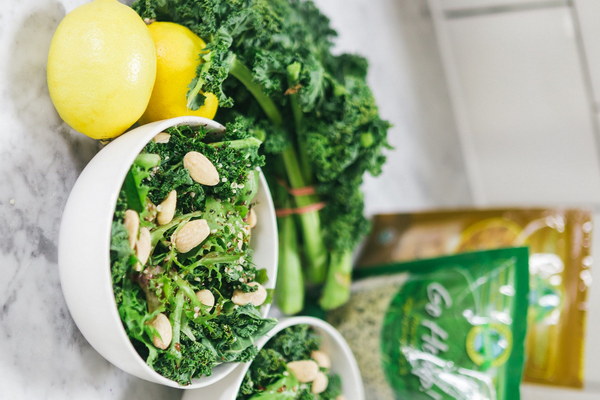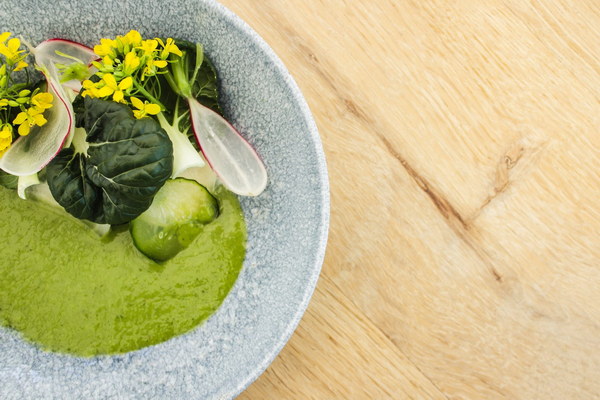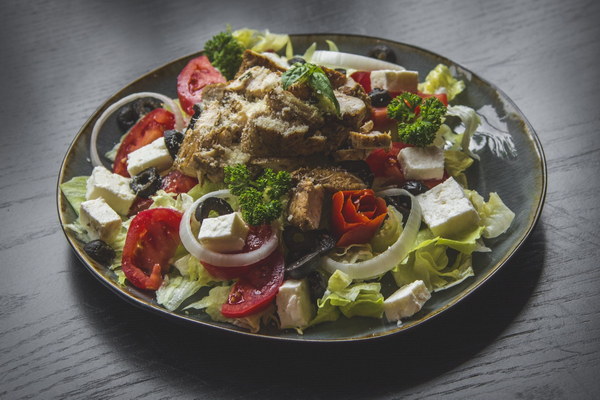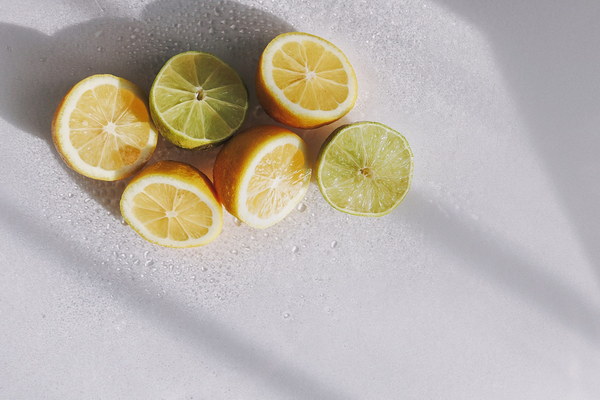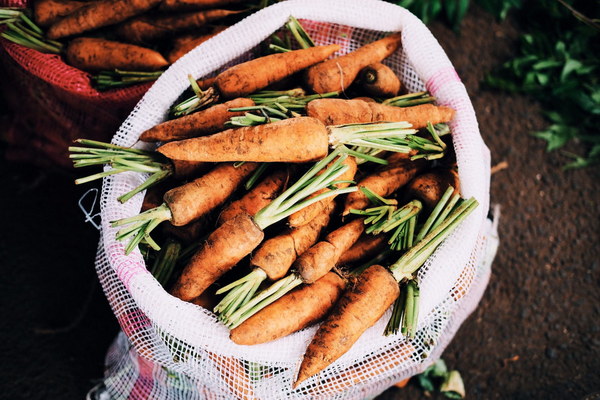The Traditional Chinese Remedy Honey, Fennel, and Prune for Excessive Dampness Relief
In the realm of traditional Chinese medicine, the combination of Gancao (Licorice), Bingpian (Baked Tangerine Peel), and Wumei (Chinese Plum) has been used for centuries to address the issue of excessive dampness within the body. This unique blend, often referred to as the Honey, Fennel, and Prune Remedy, is believed to restore balance and harmony to the body's internal environment. Here, we delve into the origins, benefits, and usage of this traditional formula.
Origins of the Honey, Fennel, and Prune Remedy
The Honey, Fennel, and Prune Remedy is rooted in the rich tradition of Chinese herbal medicine, which dates back thousands of years. This remedy is derived from the teachings of classical texts, such as the Shen Nong's Herbal, which is one of the oldest-known works on Chinese herbal medicine. The combination of Gancao, Bingpian, and Wumei is thought to be particularly effective in addressing dampness, a concept in Chinese medicine that refers to the accumulation of moisture in the body, leading to various health issues.
Components of the Remedy
1. Gancao (Licorice): As a foundational herb in Chinese medicine, Gancao is often used to harmonize the body's Yin and Yang energies. It is believed to have anti-inflammatory properties and can help to soothe the digestive system. In the Honey, Fennel, and Prune Remedy, Gancao is thought to regulate the body's fluids and support the spleen and lung functions.
2. Bingpian (Baked Tangerine Peel): Bingpian is derived from the peel of the tangerine and is commonly used in Chinese medicine to aid digestion and relieve bloating. It is also believed to have diuretic properties, helping to expel excess moisture from the body. Bingpian works in tandem with Gancao to address dampness and support the spleen's function.
3. Wumei (Chinese Plum): Wumei is a small, tart fruit that is rich in antioxidants and is believed to have diuretic and astringent properties. In the Honey, Fennel, and Prune Remedy, Wumei is thought to help alleviate dampness by promoting the elimination of excess moisture from the body while also tonifying the spleen and liver.
Benefits of the Honey, Fennel, and Prune Remedy
The Honey, Fennel, and Prune Remedy offers a variety of health benefits, including:
- Relieving Dampness: By addressing the root cause of dampness, the remedy can help alleviate symptoms such as fatigue, bloating, and weight gain.
- Improving Digestion: The combination of herbs is believed to support the spleen and liver functions, leading to improved digestion and a healthier gut.
- Boosting Immune System: The formula's anti-inflammatory properties and ability to regulate the body's fluids can help strengthen the immune system.
- Detoxifying the Body: The diuretic properties of the herbs can aid in the elimination of toxins and impurities from the body.
How to Use the Honey, Fennel, and Prune Remedy
The Honey, Fennel, and Prune Remedy can be prepared as a tea or taken as a tincture. Here's a simple recipe for making the tea:
Ingredients:
- 2 slices of Bingpian
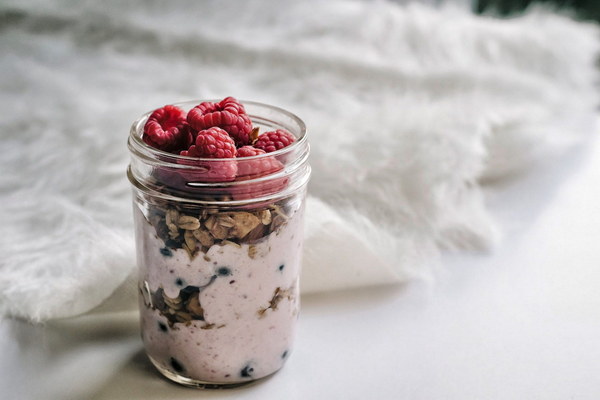
- 1 piece of Gancao (about 1 inch)
- 2-3 Chinese Plums (Wumei)
- Honey (optional, to taste)
Instructions:
1. Boil 1 cup of water.
2. Add the Bingpian, Gancao, and Wumei to the water and simmer for about 15-20 minutes.
3. Remove the herbs and strain the tea.
4. Add honey to taste (if desired).
Drink the tea 1-2 times a day, preferably after meals. For best results, continue the regimen for at least 2-3 weeks.
Conclusion
The Honey, Fennel, and Prune Remedy is a traditional Chinese formula that has stood the test of time, offering a natural and effective way to address excessive dampness within the body. By understanding the origins, benefits, and usage of this remedy, individuals can make informed decisions about incorporating it into their health regimen. As always, it is important to consult with a healthcare professional before beginning any new treatment, especially if you have pre-existing health conditions or are taking other medications.
